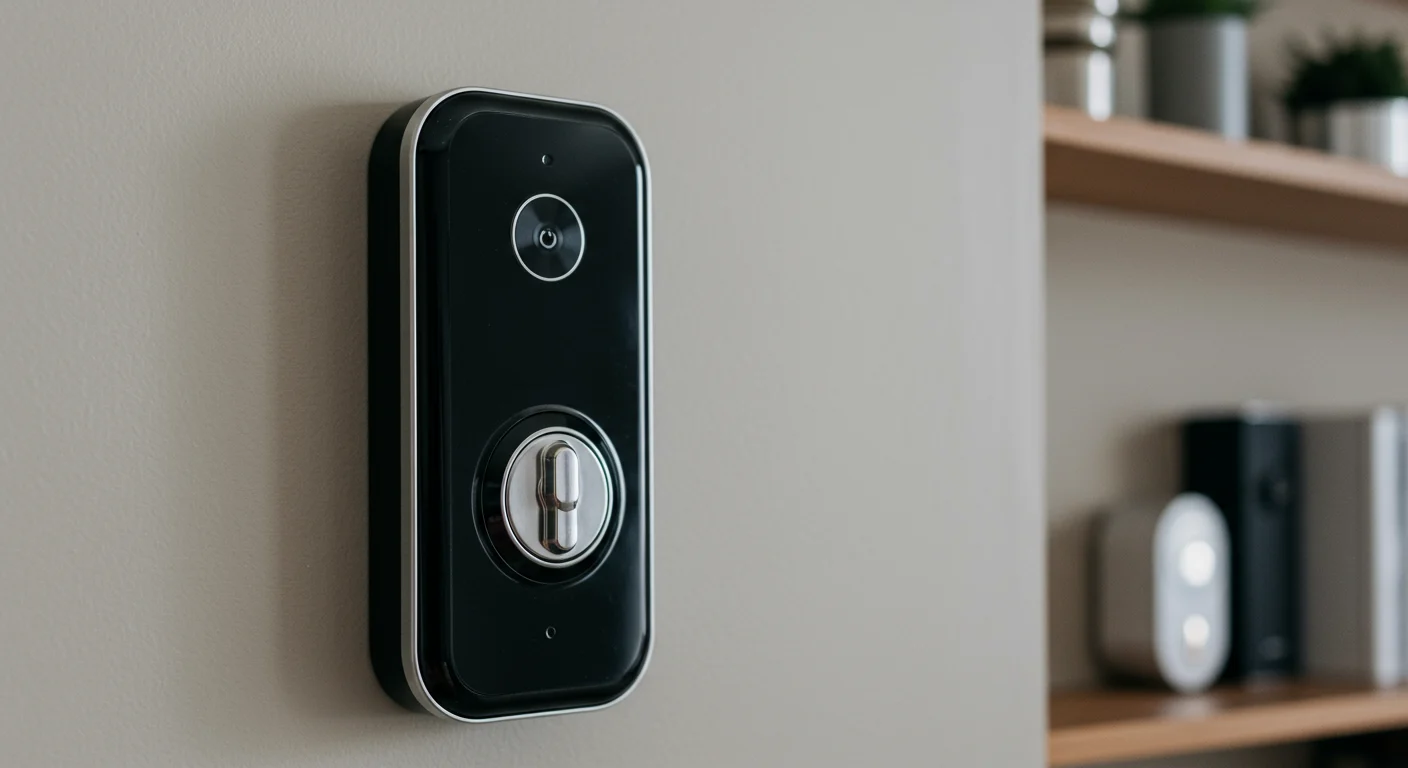
The Ultimate Smart Lock Buying Guide: Your Key to a Smarter, Safer Home
Navigating the world of smart home technology can be daunting, and choosing the right smart lock is a decision that directly impacts your home's security and your family's peace of mind. With countless options flooding the market, how do you separate the robust and reliable from the risky? This comprehensive smart lock buying guide is designed to demystify the process. We'll break down the critical aspects of security, essential features, and system compatibility, empowering you to make a confident and informed purchase.
Security: The Bedrock of Any Good Smart Lock
While convenience is a major draw, a smart lock's primary function is to secure your home. The first checkpoint is its physical strength. Look for locks with an ANSI/BHMA Grade 1 or Grade 2 certification, which indicates high resistance to forced entry attempts like kicking, prying, and drilling. Digitally, robust security means strong encryption. The industry standard is AES 128-bit or 256-bit encryption, the same level used by banks and governments, to protect the data transmitted between your lock, your phone, and your home network from hackers.
Must-Have Features vs. Nice-to-Haves
Core features define the smart lock experience. Look for multiple keyless entry methods, such as a backlit keypad, fingerprint scanner, or app-based unlocking. The ability to create and manage temporary or permanent access codes for guests, cleaners, or contractors is a game-changer. Remote access via a mobile app is also non-negotiable, allowing you to lock or unlock your door from anywhere. Features like auto-lock, which secures your door after a set period, and auto-unlock, which uses your phone's location (geofencing) to unlock the door as you approach, add a significant layer of convenience that you'll quickly come to rely on.
Cracking the Code on Compatibility
A smart lock doesn't exist in a vacuum. First, ensure physical compatibility with your door. Measure your door's thickness, backset (the distance from the door's edge to the center of the borehole), and the borehole diameter to ensure a proper fit. Second, consider its digital compatibility. Does it integrate with your existing smart home ecosystem? Whether you use Amazon Alexa, Google Assistant, or Apple HomeKit, choosing a compatible lock enables seamless voice commands and automation routines. Also, check its connectivity protocol—Wi-Fi offers direct internet access, while Bluetooth is for short-range control, and hubs using Z-Wave or Zigbee can create a more robust local network for your smart devices.
Ready to Find Your Perfect Match?
Armed with this essential knowledge from our smart lock buying guide, you're now prepared to evaluate your options like a pro. Understanding the balance between physical security, digital features, and ecosystem compatibility is the key to finding a lock that not only protects your home but also enhances your daily life. The next step is to see how the leading models stack up against these criteria. Our team has rigorously tested and reviewed the best smart locks of the year to help you make your final choice with absolute confidence.









